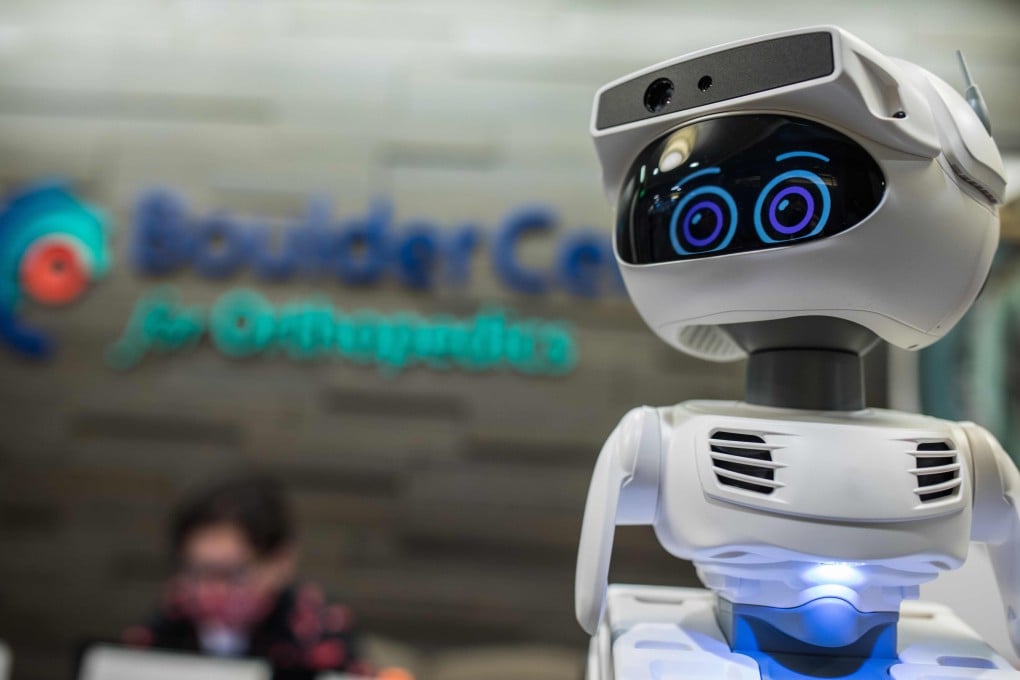Advertisement
Friend, kitchen staff, yoga finder: at CES 2021, robots are a highlight, having shown their worth in the coronavirus pandemic
- Among those taking the virtual stage this year are robot companions, concierges, cooks, delivery drones and medical assistants
- The pandemic has made it easier for people to view robots as non-threatening and as friends, said Misty Robotics chief executive Tim Enwall
3-MIN READ3-MIN

Robots that helped people survive and stay safe over the past year are touting their value at the tech industry’s annual extravaganza amid a pandemic which has given fresh momentum to the robotics sector.
The Consumer Electronics Show (CES), which is being held online this year, includes robots that have become “heroes” for many during the coronavirus pandemic. Among those taking the virtual stage at CES are robot companions, concierges, cooks, delivery drones, medical assistants and those sanitising workplaces and medical facilities.
Robot companions saw surging demand in recent months as pandemic lockdowns intensified problems of isolation, especially for people in senior living homes.
Advertisement
Amid a strict virus lockdown in France, the companion robot Cutii became a star in old-people’s homes.

Advertisement
“The pandemic completely changed our business model,” said Antoine Bataille, chief executive of Cutii. “We had envisioned Cutii at people’s homes. But today, we are dealing with isolation on a collective level.”
Advertisement
Select Voice
Select Speed
1.00x